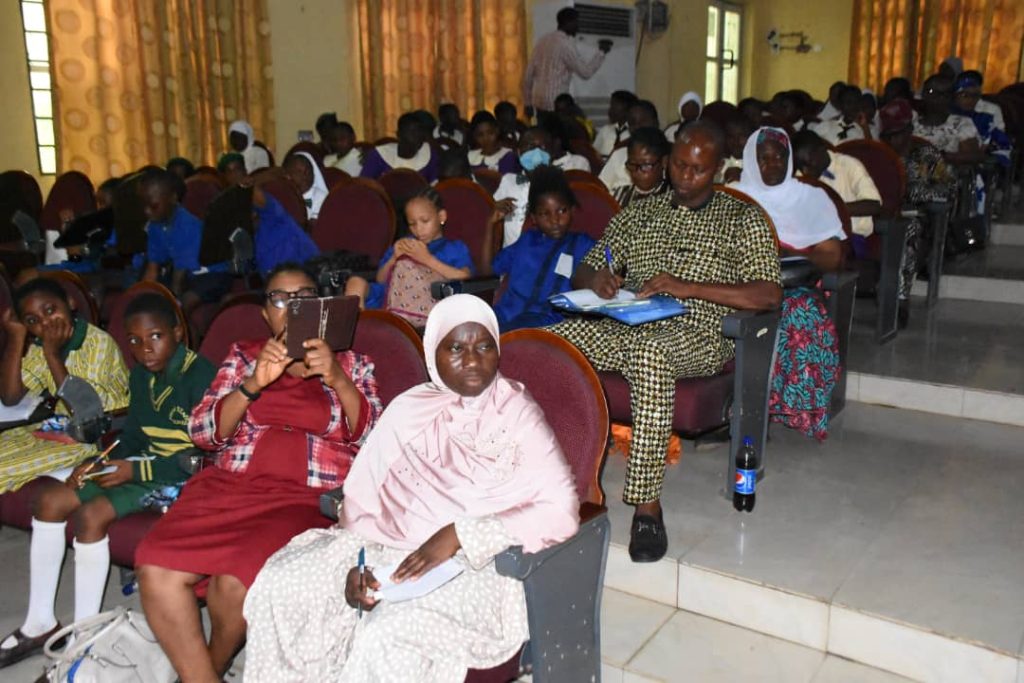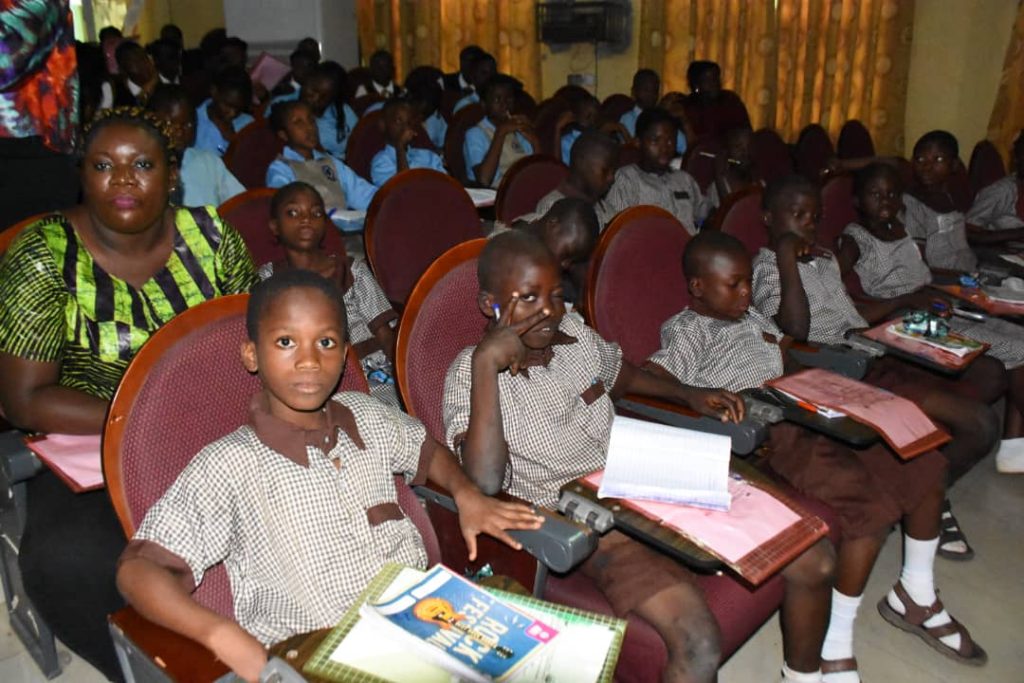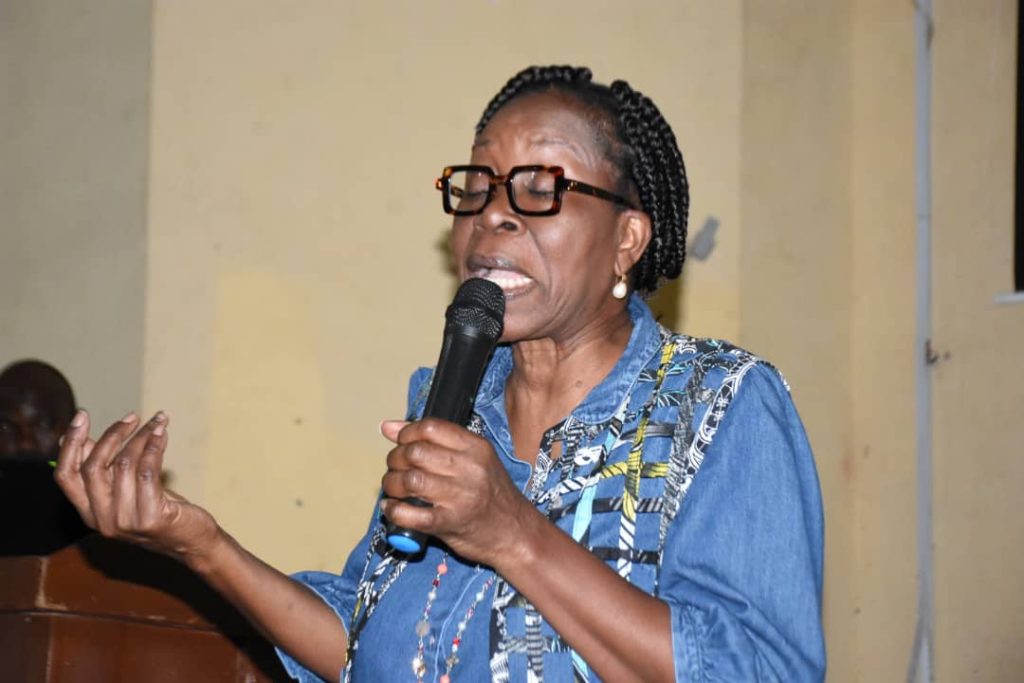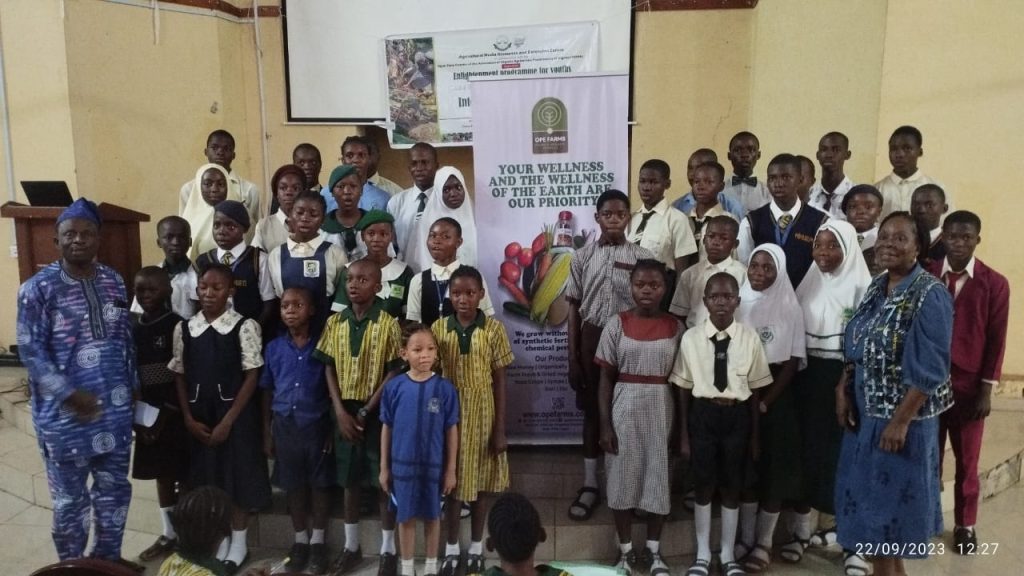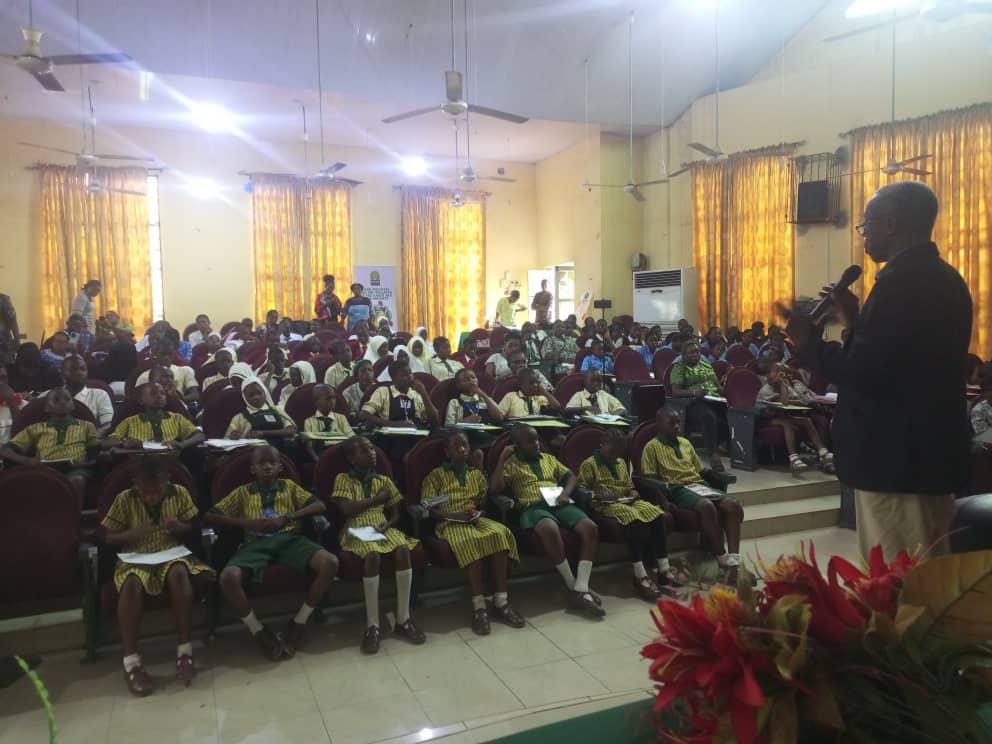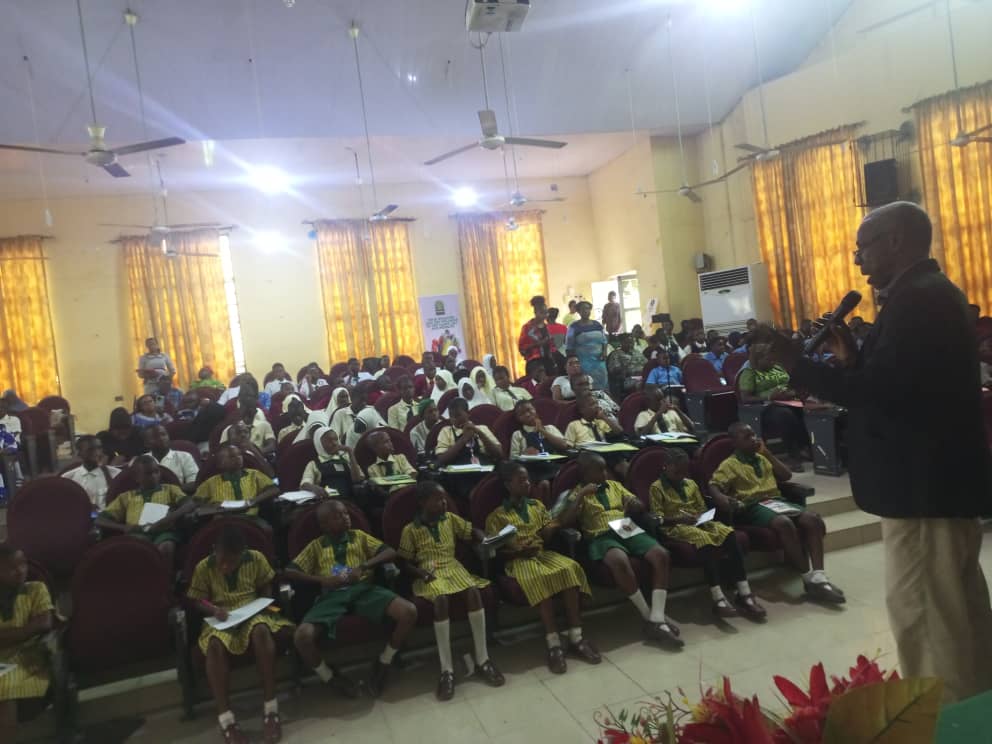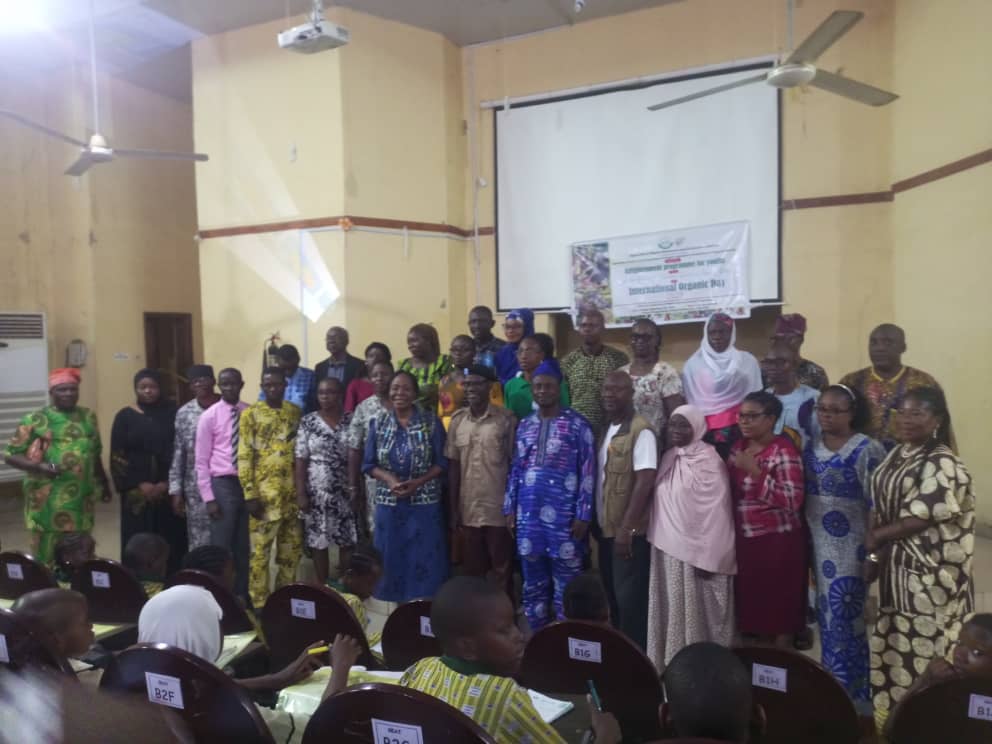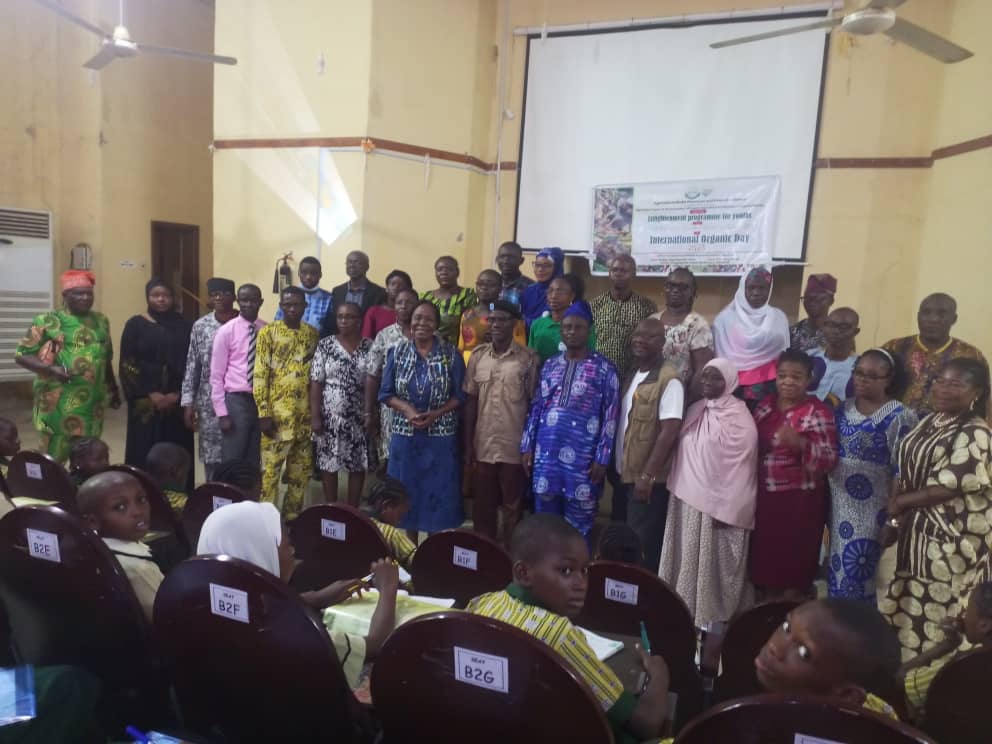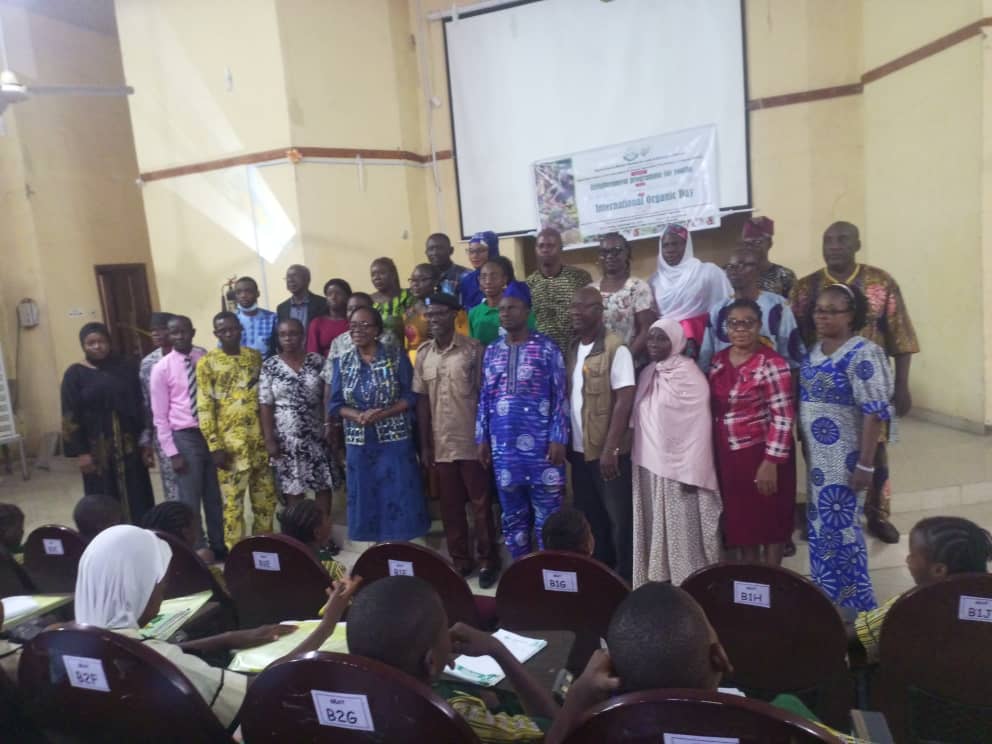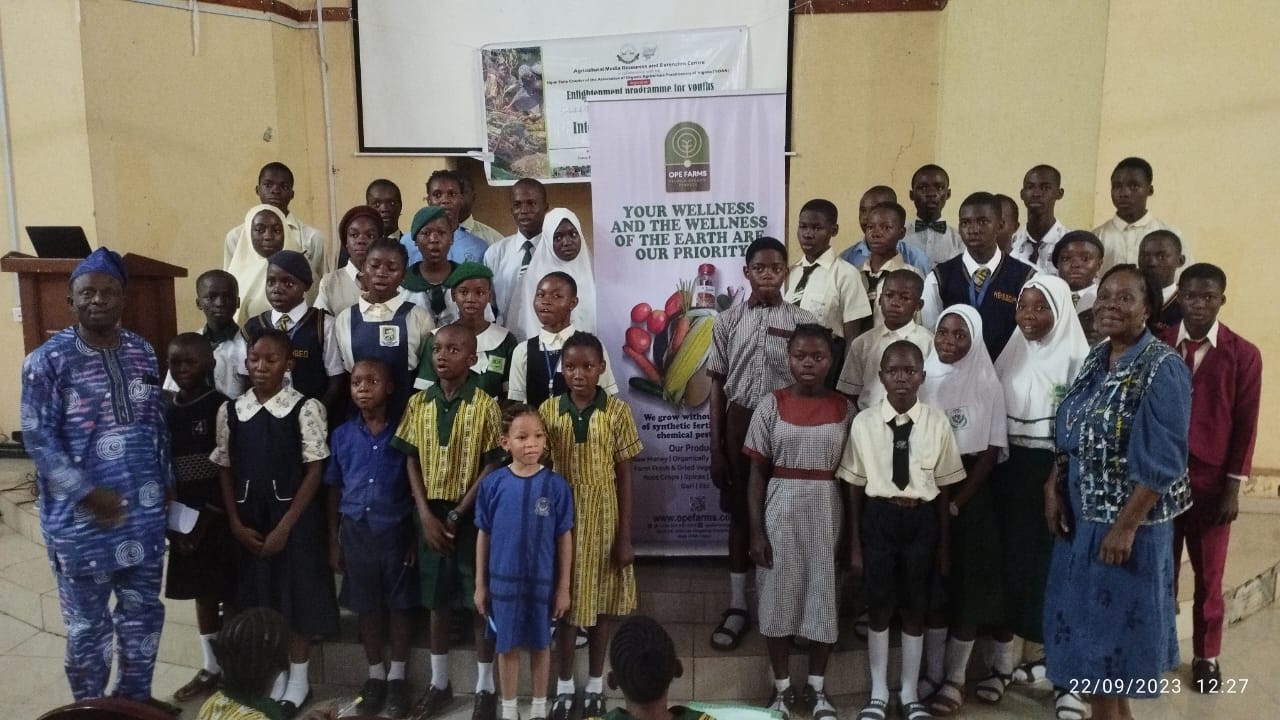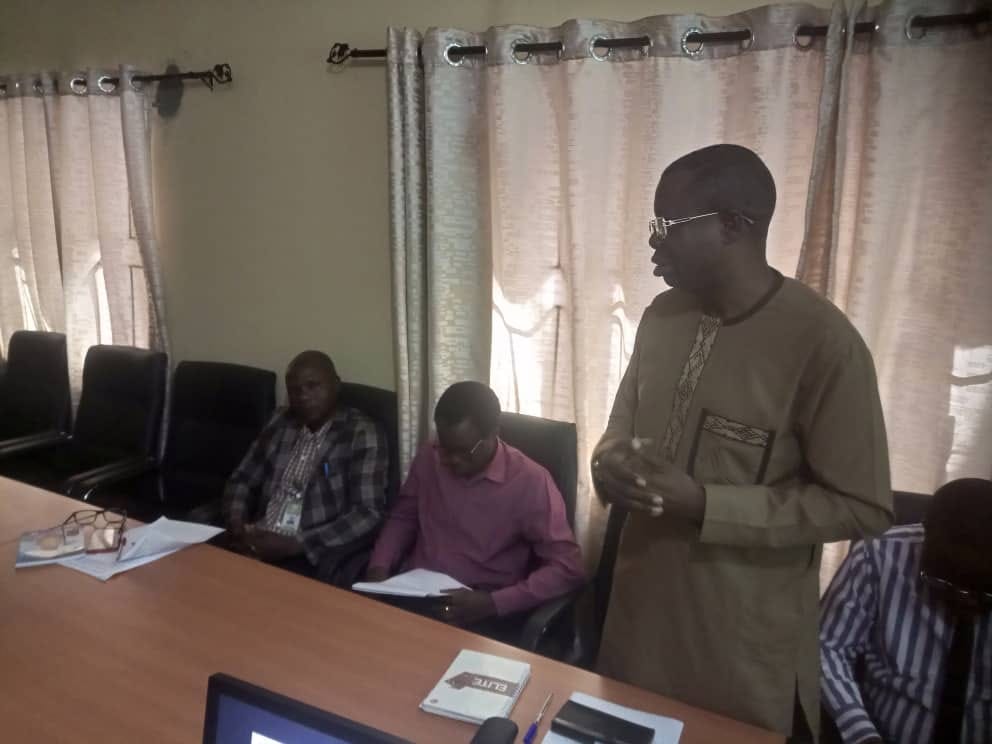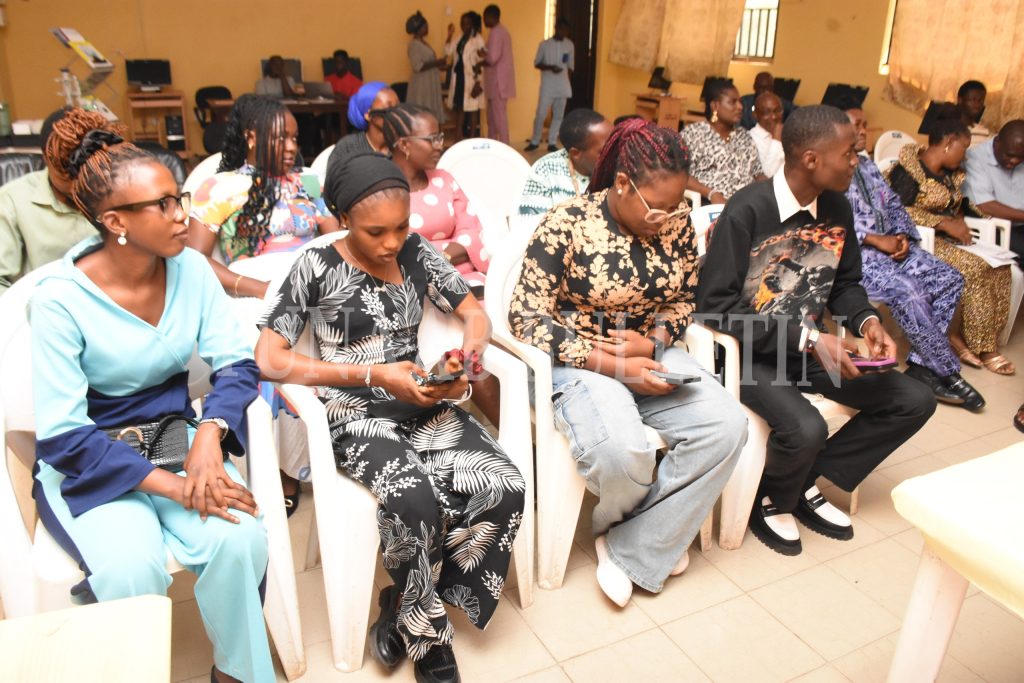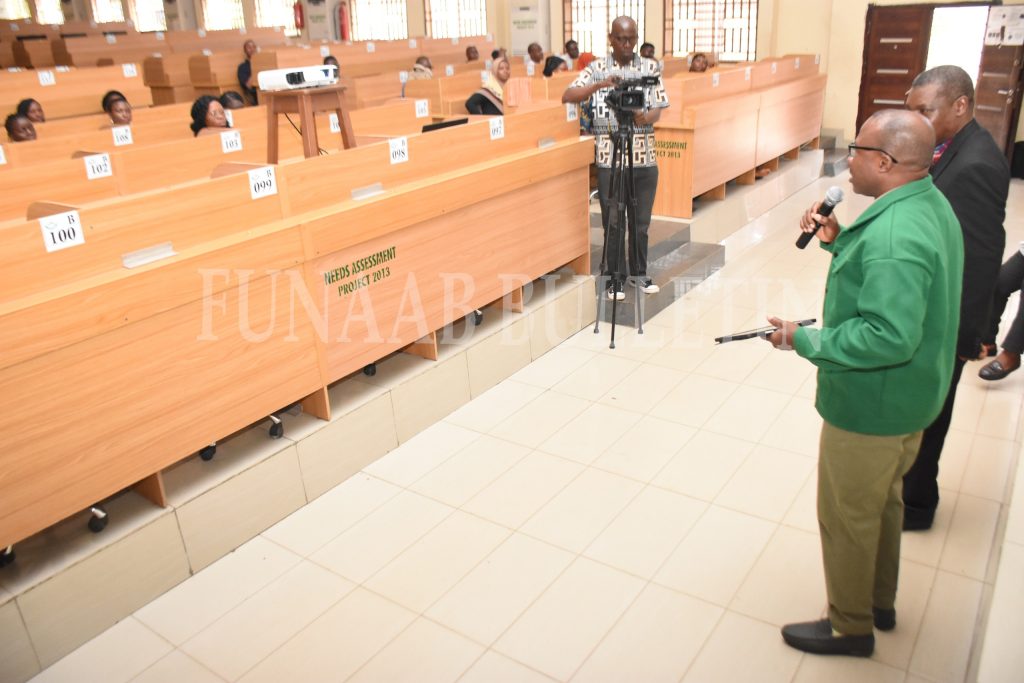Last Updated on September 28, 2023 by Content Editor 1
The Agricultural Media Resources and Extension Centre (AMREC) in collaboration with the Ogun State chapter of the Association of Organic Agriculture Practitioners of Nigeria (NOAN) has organised an enlightenment program for selected youths across secondary schools in Ogun State to mark the 2023 international Organic Day celebration.
Speaking at the opening ceremony of the event, the Vice-Chancellor, Prof. Olusola Babatunde Kehinde who was represented by the Deputy Vice-Chancellor (Development) Prof. Kola Adebayo welcomed everyone to the Enlightenment Programme.
Focusing on the University’s tripodal mandate of Teaching, Research & Extension services, he noted that he is truly thrilled to witness the event and to see so many passionate individuals and drivers of organic agriculture gathered to promote the core ethics and standards of organic agriculture with emphasis on food safety and sustainable living.
Prof. Adebayo said organic agriculture is premised on four principles (Health, Care, Ecology, and Fairness) and accentuates nurturing, protection for all life forms, and sustainability of the environment.
He added that organic education as an offshoot of organic agriculture is engineered to connect everyone with the environment; bringing it back to its original form and also becoming a responsible steward of our environment.
The DVC (D) added that the NOAN organic school program is novel and a thoroughly thought-through idea designed to provide hands-on experiences from research and innovations, collaborative and detailed organic workshops, and an inclusive approach to education in the curriculum.
Prof. Adebayo concluded that the focus on organic education is a testament to the collective understanding of the importance of living in harmony with the environment.
Director of Agricultural Media Resources and Extension Centre (AMREC), FUNAAB, Prof. Olalekan Olaoye, while welcoming participants to the programme reiterated that farmers had been practicing organic farming by default for ages.
He noted that the environment is full of adulterated chemicals (herbicides, fungicide and insecticide) which should be avoided because they are injurious to health.
A keynote speaker at the event, Prof. Issac Aiyelaagbe discussed the history of organic agriculture in Nigeria, he said the practice of organic agriculture in an organized manner is still new to the country with less than ten years of application.
Prof. Aiyelaagbe submitted that organic farming is a process that involves the use of natural food sources and nutrients for farming practices (crop production and animal production).
He said that man-made products and chemical enhancement for farming processes are to be discarded when practicing organic farming in Nigeria and other parts of the world.
Prof. Aiyelaagbe who is also dubbed as the father of organic agriculture further stressed that organic farming demands that the farmer let go of the use of chemical and synthetic additions like growth hormones, antibiotics fertilizers, and stuff in both the planting of crops and the rearing of animals.
He noted that it is a farming process that is aimed at improving human and environmental health.
The Don highlighted and concluded that the problems of organic agriculture are: high capital, lack of organic farming resources, low public awareness, low export marketing standards, low level of production, fear of the risk involved, and inadequate government support.
Dr. Oluwakemi Irekhore also submitted that organic agriculture “Is a way of life and it is essential that we all need to learn it, love it, live it, preach it, teach it, enhance it, enforce it so that we can reap the benefits”.
She reiterated that “organic agriculture is the practice of God and even a command of God”.
Also, Prof. Victor Olowe added that organic agriculture is a production system that does not involve the use of synthetic agrochemicals like herbicides.
He concluded that organic agriculture is the fastest-growing sector in agriculture in the world because everybody is now very conscious of what they consume.
Barrister Olusola Sowemimo of Ope Farms and Mr. Ayodele Farinde shared their wealth of experiences in organic farming and success stories on how organic agriculture has helped them so far.
Some of the schools in attendance were Muslim High School, Isolu (Junior & Senior); Abeokuta Grammar School (Junior & Senior); FUNAAB International School (FUNIS) and FUNAAB Staff School; Four Square Nursery & Primary School and Nawarudeen Grammar School (Junior & Senior). Others are Asero High School (Junior & Senior); Egba High School (Junior & Senior); Salawu Abiola Comprehensive High School (Junior & Senior); St. Mary Primary School, Osiele; Stephen Centre Secondary School, Odo-Eran, Obantoko among numerous others.
